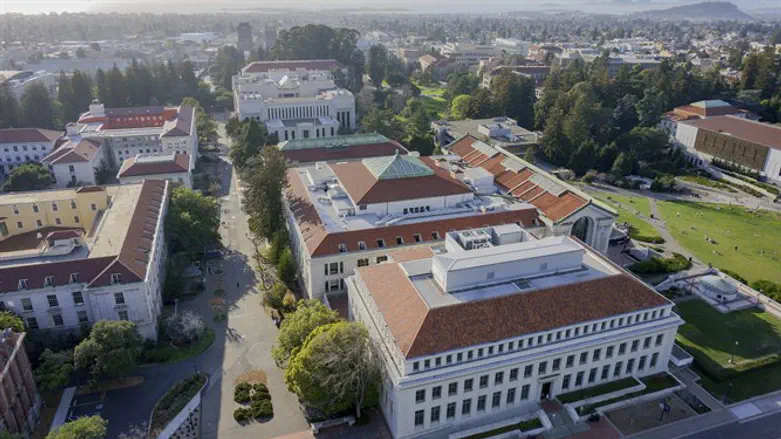
In 2007, then Dutch MP and critic of Islam, Ayaan Hirsi Ali, landed on American shores after a controversy at The Hague over the cost of her protection. America was to have guaranteed to her and many other Islamic dissidents that anonymity and pluralism of opinions where Hirsi Ali could work, talk and write, without fear of ending up as Theo van Gogh did, murdered on the streets of Amsterdam.
Ten years later, the US universities, which historian Victor Davis Hanson has just renamed "Potemkin University", have set the price of free speech. Not for Islamic dissidents, but for conservative journalists and intellectuals.
The Wall Street Journal in an editorial calls it "the cost of free speech." Journalist Ben Shapiro, the young conservative Jewish reporter who founded the Daily Caller, was invited to speak at Berkeley, the temple of equal opportunities that in the 1960s saw the birth of "free speech."
Last spring alt-right provocateur Milo Yiannopoulos had been interrupted on the same campus with molotov bombs and physical assaults on the building that housed his speech. So Berkeley decided to secure Shapiro's conference with massive security measures.
The cost of the event was $600,000. It is the equivalent of 44 annual tuition fees that could have gone to disadvantaged students.
Dan Mogulof, a university spokeswoman, said the $600,000 figure had also been budgeted in April to secure another right wing pundit, Ann Coulter's scheduled, but then cancelled, visit.
A thousand tickets for Shapiro's appearance, entitled "Say No To Campus Thuggery", were sold in less than an hour.
On the occasion of Shapiro's arrival, the Sproul Hall in Berkeley, from which on December 2, 1964, Mario Savio, an Italian Philosophy student, spurred several thousand young people to occupy the university to reclaim the right to political activity on the campus, was submerged by 700 policemen, called up for the occasion.
On the occasion of the Milo show, Berkeley had spent too little to ensure his conference: "just" $220,000. Berkeley's budget for 2016-2017, under the heading "Security", has risen to $900,000. It is the cost that the university has had to cover for conservative journalists and intellectuals.
Vehicles, men, barriers, insurance in case of serious accidents: this is what a campus in America must now allocate to ensure the normal conduct of a controversial conference.
In the end, Berkeley guaranteed the conference and the public debate, a phenomenon that should be considered normal in a university. But there remains a paradox.
Half a century ago, in Berkeley, the New Left launched the Free Speech movement, which had some merits. And in 1967, Mario Savio was sentenced to four months in prison for these “crimes”. In 2017 another type of Left, which calls for "safe space" and "trigger warning", uses violence and threats to intimidate and block freedom of speech. At any cost.
This type of thuggery has a deep impact on the course of Western culture.
